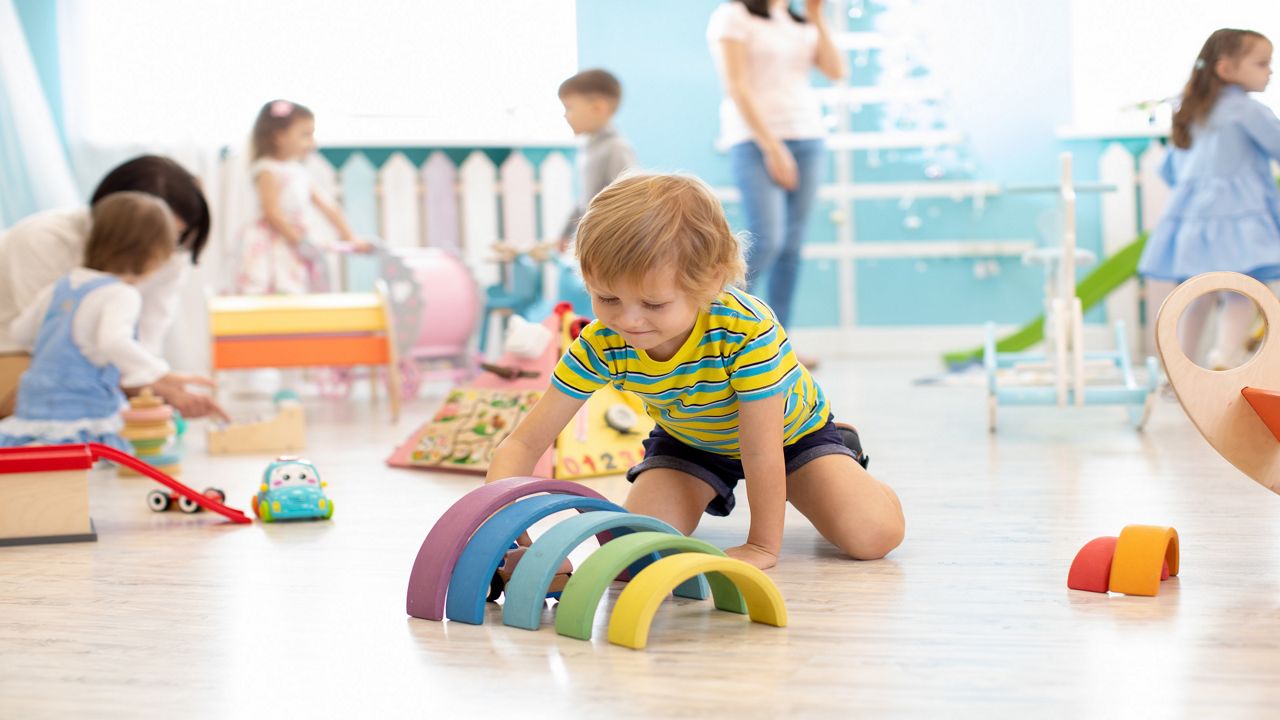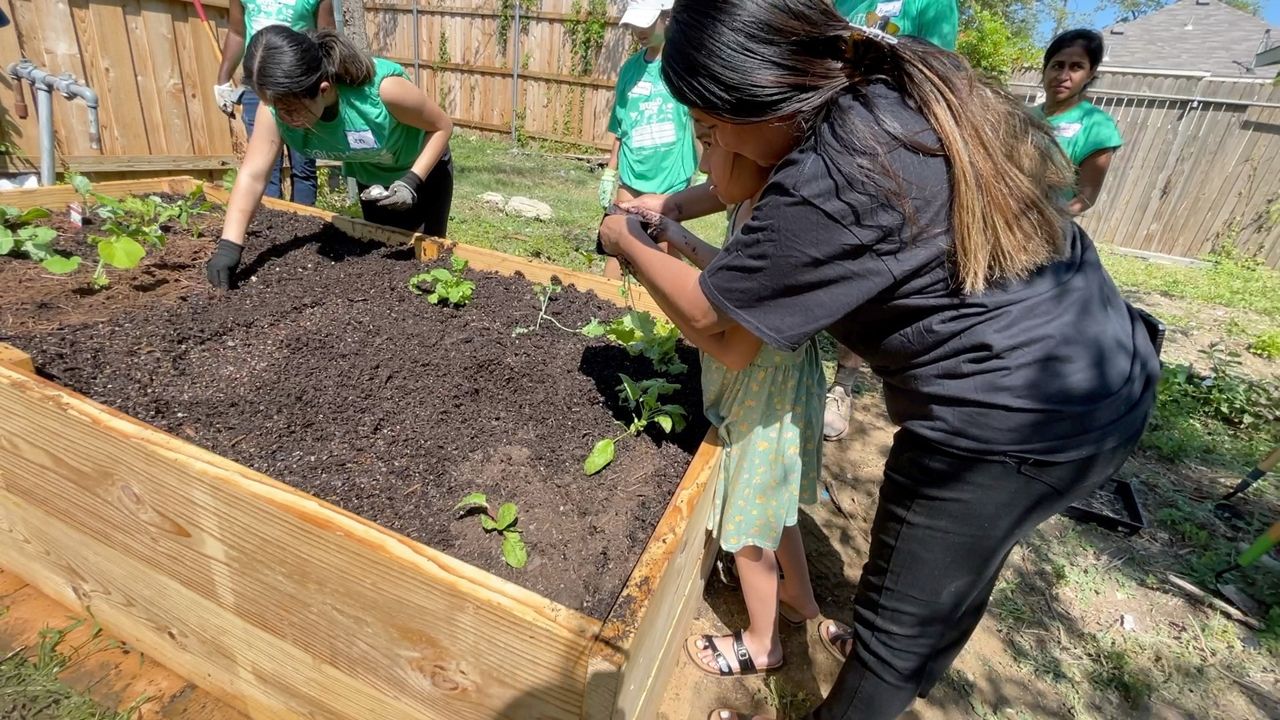HAMBURG, N.Y. — There have been so many conversations on the total solar eclipse. But this story is about how to keep those going, and keep the kids in our lives asking questions — not to mention looking up.
Eyes wide and wheels turning, eager kindergartners at Blasdell Elementary have become experts at asking eclipse questions.
“Science to me is one of the best subjects, you know, a little biased with that. So what we did was we created that that model representation for students,” said Matthew Millace, an enrichment teacher at Blasdell Elementary.
The Frontier Central School District in Hamburg gave its enrichment teachers like Matthew Millace a mission out of this world: focus on all things solar in his STEM lessons. Paper, crayons, scissors, a brass fastener and glue will do the trick.
“When you see a student fully engaged and it just clicks like that, you know, it warms your heart because that's what you're here for, is kind of giving those future generations the chance is an opportunity to learn these amazing facts,” Millace smiled.
It’s all about celebrating curiosity.
“Kids are curious by nature. They love hands-on activities and we want to prepare them for the event so they know what to expect,” Linda Dansa, director of elementary education for Frontier Central School District said.
That goes for adults, too.
You're encouraged to let your curiosity spark a conversation with the young people in your life. Noemi Waight, an associate professor of science education at the University at Buffalo, has a lesson plan you can use at home. You can start by asking yourself the following question.
“Do our students understand what they're going to see and experience," Waight asked. "And how do they think about it?”
Waight is teaching a generation of science teachers. They’ve been creating models to elicit ideas from students. She too has been surprised by the lessons already learned, like finding there are greater cultural conversations.
“What does the sun represent, and what happens when the sun is blocked out?" Waight asked.
Waight says science is social. So ask questions like:
- What did you see?
- What did the eclipse look like?
- Why do you think it happened?
- How would we explain it?
- Why did you wear glasses to protect your eyes?
- Why is it that we don't see this eclipse every month?
Remind them to keep looking up.
“There is this one thing that I really like when it comes to education. It's reaching for the stars. And if you miss, you're still on the moon, right? And you're still above the world. And ... I always kind of go into that lesson or go into my day thinking that I'm here to set that future generation up for success,” Millace said.
Another hands-on activity you can do is taking a pan and making shadows with it to recreate the eclipse.









